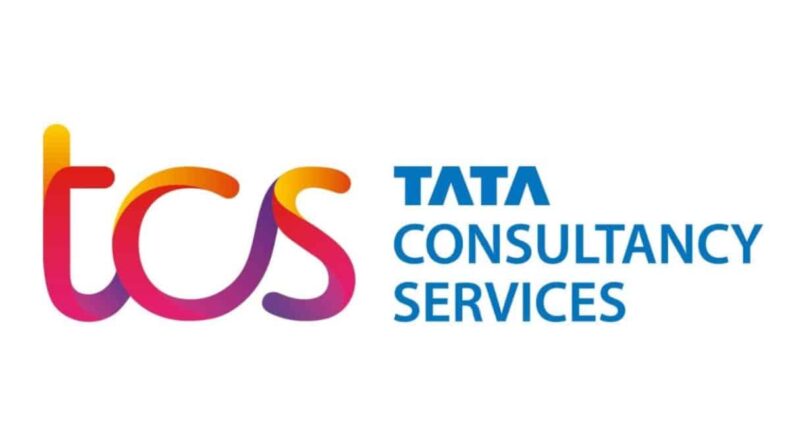
Understanding the Temporary Pause
The Indian government recently made a significant decision by announcing the temporary suspension of Tax Collected at Source (TCS) on international credit card spending. This move aims to alleviate the burden on consumers and provide a boost to the economy during these challenging times. The decision comes as a relief to frequent international travellers, online shoppers, and businesses engaged in cross-border transactions.
The TCS, introduced in 2020, required banks to collect a 0.5% tax on foreign currency transactions above INR 7 lakh (approximately $10,000) using credit cards. While the TCS was introduced to ensure better tax compliance and curb the outflow of foreign exchange, the suspension recognizes the need to stimulate consumption and enhance the ease of doing business.

Impact on Consumers and Businesses
The temporary suspension of TCS on international credit card spending has multiple implications for consumers and businesses alike. Firstly, for frequent international travellers, this decision brings financial relief. Travellers can now enjoy their trips without the additional burden of the TCS. The move is expected to encourage travel, boost tourism, and contribute to the recovery of the hospitality industry, which has been severely impacted by the COVID-19 pandemic.
Furthermore, online shoppers will also benefit from the suspension. With the rapid growth of e-commerce and the increasing popularity of cross-border shopping, Indian consumers can now make purchases from international websites without incurring additional TCS charges. This not only provides consumers with greater freedom and flexibility but also opens up opportunities for businesses around the world to tap into the vast Indian market.
The suspension of TCS on international credit card spending is also favourable for businesses engaged in cross-border transactions. Small and medium-sized enterprises (SMEs) that rely on global suppliers or have international clients can now conduct transactions more seamlessly. This step will reduce the administrative burden and enhance cash flow for businesses, fostering growth and encouraging foreign collaborations.

Economic Implications and Future Prospects
The temporary pause on TCS for international credit card spending is a strategic move that can have positive economic implications. By reducing the financial burden on consumers and businesses, the government aims to promote spending and stimulate economic growth. Increased consumer spending leads to higher demand, which, in turn, incentivizes businesses to expand their operations and hire more employees.
Additionally, the suspension of TCS can have a positive impact on foreign direct investment (FDI). With more relaxed taxation policies, India becomes an attractive destination for foreign investors. This decision showcases the government’s commitment to creating a favourable business environment and fostering economic recovery. Foreign companies looking to establish a presence in India may find it more appealing to invest in the country, resulting in job creation and technology transfer.
While the suspension of TCS on international credit card spending is a welcome step, it is important to note that it is temporary. The government may reintroduce the TCS in the future with modifications or implement alternative measures to achieve their objectives of tax compliance and foreign exchange control.
In conclusion, the temporary suspension of TCS on international credit card spending is a significant development that benefits consumers, businesses, and the economy as a whole. The move relieves the financial burden on travellers, enables hassle-free cross-border transactions for businesses, and stimulates spending in the Indian market.
As the economy recovers from the impact of the pandemic, such measures play a vital role in promoting growth and attracting foreign investment. It remains to be seen how this decision will shape the future of taxation and international transactions in India, but for now, it brings much-needed respite to individuals and enterprises alike.












